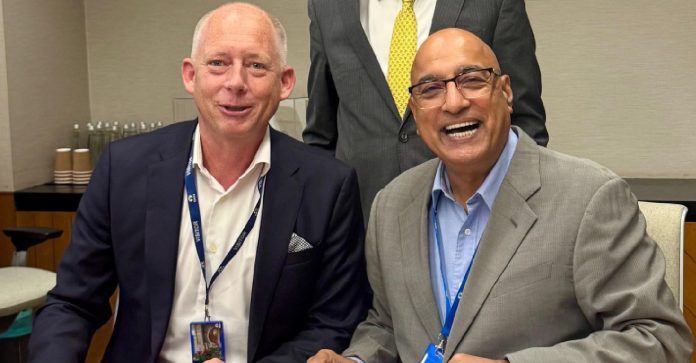The signing of the MoU by Tata Electronics and Robert Bosch GmbH stands as a landmark in the electronics and semiconductor manufacturing industries, significantly marking a major achievement in India’s journey toward attaining self-reliance.
A Strategic Duo:
Under this MoU, the parties will cooperate on semiconductor chip packaging and manufacturing, which concern the latter part of the semiconductor supply chain after wafer fabrication. The projects shall be undertaken at Tata Electronics’ assembly-and-test plant in Assam near completion and at its semiconductor foundry in Gujarat.
Assam: Tata Electronics is setting up the ₹27,000 crore, 600-acre semiconductor assembly and test facility in Jagiroad. Commercial operation of the plant will commence in mid-2025 and will entail advanced packaging technologies with a production capacity of 41 million chips per day.
Gujarat: Tata is executing the construction of its first fab in the Dholera Special Investment Region worth ₹91,000 crore, with support from Taiwan’s Powerchip, which will be used for large-scale production of 50,000 wafers per month starting around 2026.
This initiative jointly puts the strengths of each partner category to use: aggressive investments made by Tata across design, assembly, and test, fabrication, and packaging,” and Bosch’s deep expertise in packaging technologies and its position as a long‑time global supplier of automotive electronics.
Strengthening India’s Auto & Electronics Ecosystem
Beyond chip processing, the collaboration is intended to be widened into EMS space for the automotive industry, an area rapidly soaring as vehicles themselves become electrified and digitized.
For Tata, this alliance clearly steps into its layered approach: prior MoUs with Bharat Electronics Limited (BEL) on chip design, with Powerchip Semiconductor and with Himax Technologies on display-chip manufacture signaling an ambition to head in fab-to-front-end packaging.
India Semiconductor Leap: What This Alliance Brings
- An integrated chip supply chain: The MoU is a signal for moving towards a vertically integrated semiconductor network-from chip fab to packaging and system implementation-anchored within India.
- Job creation & Regional growth: Thousands of direct and indirect job opportunities will be created, more so for the backward regions like Assam where indu will be fast.
- Global cooperation: The agreement reflects global confidence in India’s manufacturing potential—joining forces with an engineering giant like Bosch intensifies that signal.
- Auto‑tech transformation: As vehicle electronics grow more sophisticated—covering sensors, advanced driver assistance, power management, and connectivity—this alliance prepares India to be a hub for innovation in mobility.
Path Ahead & Prospects:
Looking ahead, Tata Electronics plans to ramp up its Gujarat line for large‑scale wafer production by 2026 and expand its packaging & test unit in Assam. Bosch may also deploy its global packaging tech like 3D packaging helping India cross into advanced nodes and complex system‑in‑package offerings.
This collaboration stands as a cornerstone for India’s semiconductor journey where strategic investments, policy support, and global partnerships could coalesce into a self‑sustaining, world‑class semiconductor economy.








